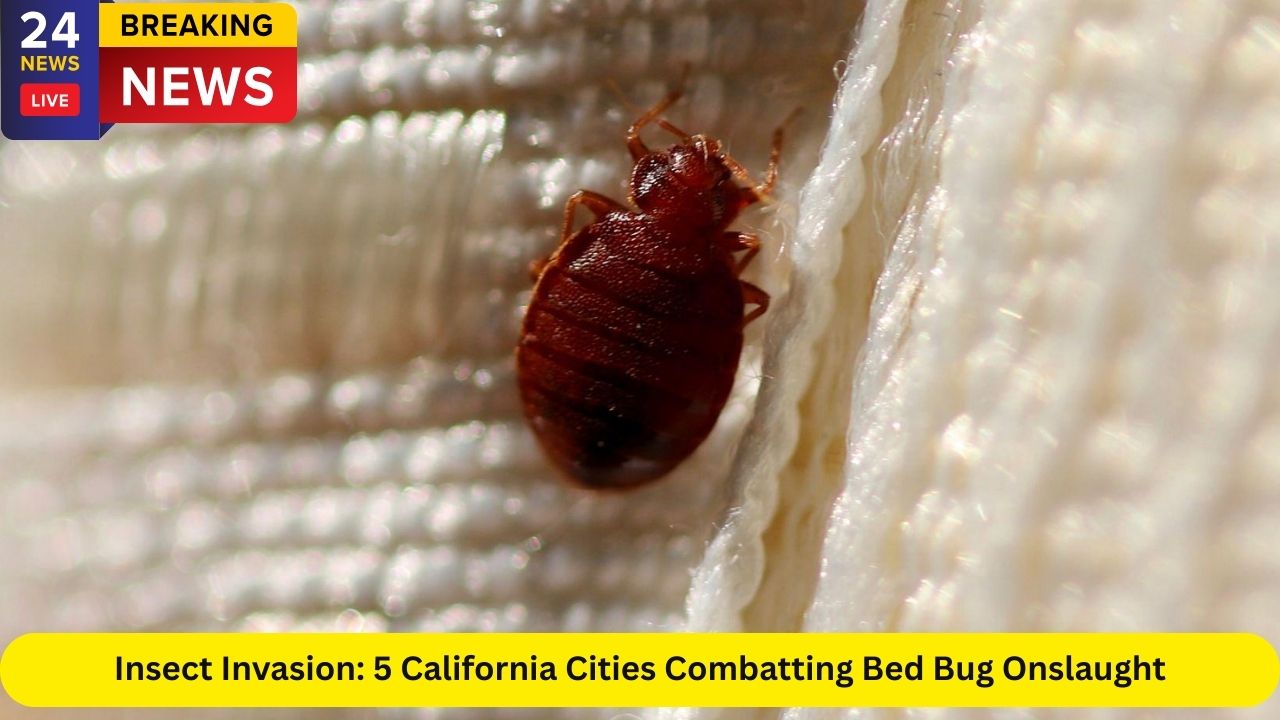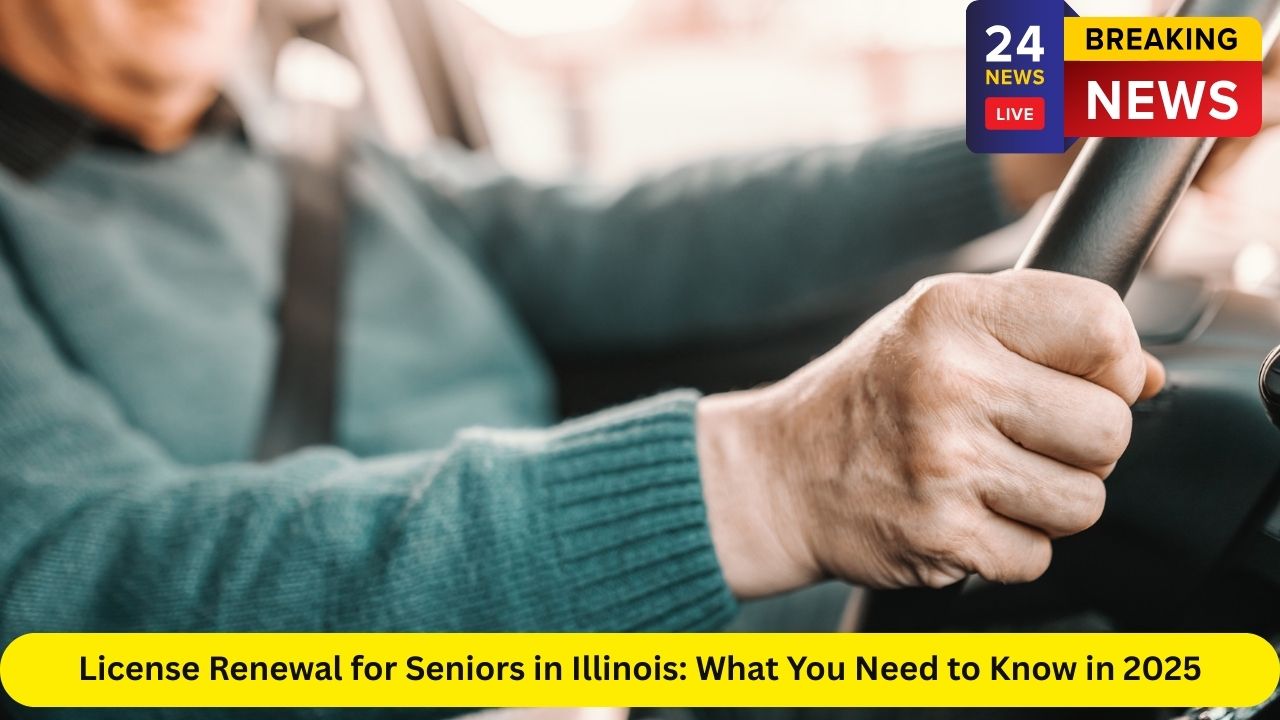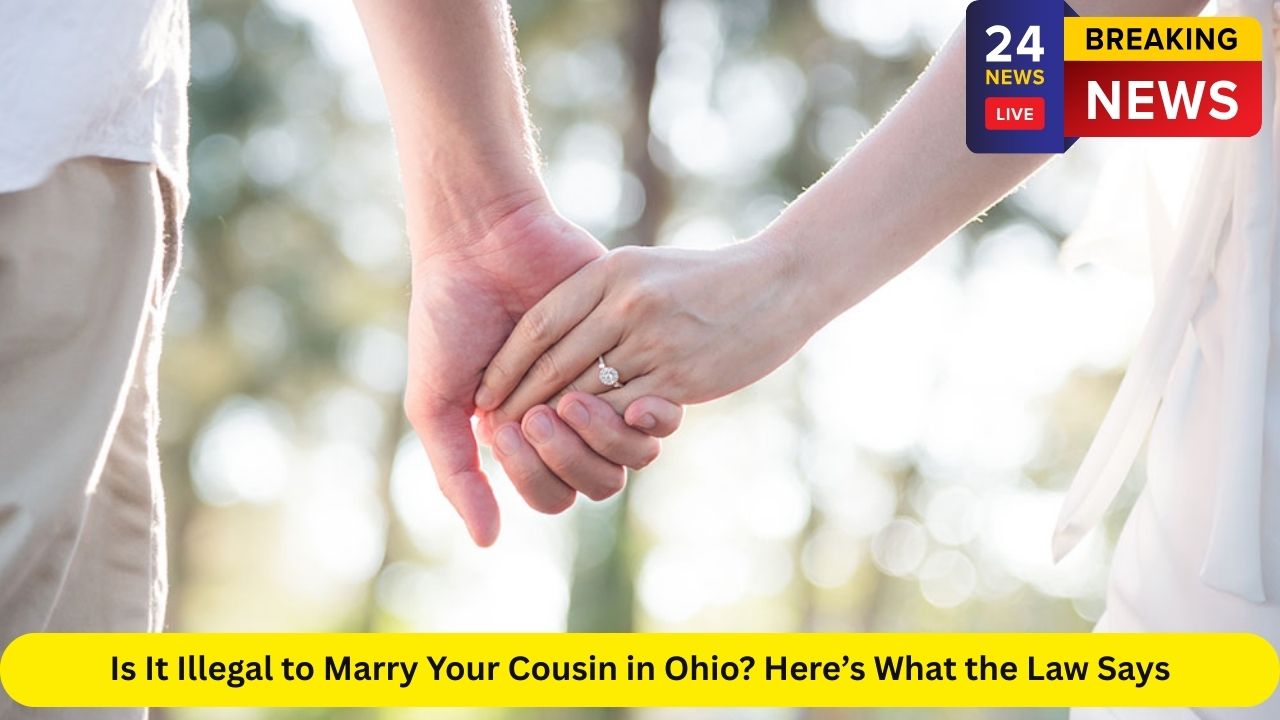Cousin marriage often sparks curiosity, controversy, and confusion. While it’s illegal or restricted in many places, North Carolina stands out as one of the states that actually allows first cousins to marry—under certain conditions. In this comprehensive guide, we’ll dive into the legal framework, relevant statistics, health considerations, cultural perspectives, and more, all in a structured, reader-friendly format.
Understanding the Legal Landscape
What North Carolina Law Allows
In North Carolina, first cousins can legally marry. The state only draws a distinction when it comes to “double first cousins” — meaning individuals who are related via both parents (e.g., two siblings from one family marry two siblings from another). These couples are treated as more genetically similar, akin to siblings, and their marriage is prohibited. Regular first cousins, however, pose no legal barrier.
Age and Consent Requirements
Regardless of familial relationships, general marriage laws apply. Individuals must be:
-
At least 18 years old, or
-
Aged 16–17, with judicial approval and parental consent if marrying someone no more than four years older,
-
Under 16 is not permitted under any circumstances.
No Recognition of Common-Law Marriage
North Carolina does not recognize common-law marriages formed within the state. However, it does acknowledge valid common-law marriages legally entered in other states. This means a cousin marriage validly performed elsewhere would still be recognized here.
Validity of Out-of-State Marriages
If a marriage between first cousins is legally performed in another state that allows it, North Carolina generally honors its validity—unless the relationship constitutes “double first cousins.”
How Does North Carolina Compare Nationwide?
National Acceptance
-
18 states fully allow first-cousin marriage.
-
24 states prohibit it.
-
8 states allow it only under limited circumstances (e.g., when the couple is infertile, or one partner is elderly).
-
North Carolina belongs to the group that fully allows first-cousin marriage, with the single exception for double first cousins.
Regional and Cultural Context
Globally, cousin marriage is common in many regions, such as parts of the Middle East, South Asia, and North Africa, with rates ranging from 10% to over 50% in certain communities. In the U.S., acceptance varies widely by region and cultural background.
Health and Genetic Considerations
Slightly Elevated Risks
Children of first-cousin marriages experience a modest increase in the risk of certain congenital conditions—falling from about 3% (baseline population risk) to around 4–5%.
However, if the cousins share multiple grandparents (as in double first cousins), the risk increases significantly—closer to that associated with sibling unions, which is one reason why North Carolina bans those marriages.
Role of Genetic Counseling
While North Carolina does not mandate genetic counseling for first cousins, experts worldwide often recommend it. Counseling helps couples:
-
Understand potential risks,
-
Screen for shared family conditions,
-
Make informed decisions about family planning.
Social and Cultural Impacts
Public Perception
Marriage between cousins remains socially sensitive in many parts of the U.S. Though legal in North Carolina, such relationships can generate community discomfort—especially when they deviate from prevailing social norms.
Private Decisions and Family Dynamics
Couples often weigh:
-
Family acceptance versus societal judgment,
-
The emotional and psychological impacts of choosing an uncommon relationship path,
-
The practical considerations of raising children with potential health risks.
Important Scenarios and FAQs
| Scenario | What the Law Says |
|---|---|
| Legal to marry your first cousin? | Yes. |
| Legal to marry a double first cousin? | No. |
| Eligible if under 18? | Yes—with court and parental approval (ages 16–17). |
| Invalid common-law cousin marriage? | No, but recognized if legally established out of state. |
| If cousin marriage is illegal elsewhere, can NC residents marry in NC? | Yes—if only one spouse lives in NC; NC will issue a license. |
Why It Matters for Couples
Legal Clarity
Knowing the law helps couples avoid procedural missteps, like assuming a cousin relationship automatically invalidates their ability to marry.
Medical Preparedness
Being aware of genetic risks encourages proactive decisions, such as undergoing genetic testing or prenatal advice.
Emotional and Social Readiness
Understanding potential family or societal pushback allows couples to prepare emotionally, seek support, and communicate openly.
Looking Ahead: Could North Carolina Law Change?
There are no current legislative efforts in North Carolina to prohibit first-cousin marriage broadly. With neighboring states like Tennessee and Connecticut recently reevaluating their cousin marriage laws, attention may shift nationally. However, North Carolina’s stance remains stable:
-
It permits first-cousin marriage, except for double first cousins.
-
There is no requirement for genetic counseling or waiting periods beyond the standard license validity.
-
All other marriage regulations—age, consent, officiation—apply uniformly.
Final Thoughts
-
Yes, first cousins can legally marry in North Carolina, as long as they are not double first cousins.
-
This sets the state apart from more restrictive jurisdictions.
-
While the legal barrier is minimal, couples should still take into account health risks and social implications.
-
Clear understanding of the law helps couples navigate their personal, legal, and medical journeys with confidence.
Suggested Calculator for Couples:
-
Confirm Relationship – Are you double first cousins?
-
Age Check – Are both partners 18+ or is judicial consent obtained?
-
Choose Venue – Apply in NC county even if one spouse resides elsewhere.
-
Consider Genetic Counseling – Recommended but not required.
-
Plan for Social Dialogue – Opening discussions with family and close community may ease transition.
Note to Adult Readers:
Each couple’s situation is unique. While this guide offers a thorough overview of North Carolina law, you may find it helpful to consult with a licensed family law attorney or genetic counselor for personalized guidance.
Conclusion
North Carolina legally permits first cousins to marry, positioning itself within a minority of U.S. states embracing such unions. It draws a single line at double first cousins—deeming them too genetically proximate. With legal clarity and informed decision-making, cousin couples in North Carolina can approach marriage with both confidence and care.
















Leave a Reply